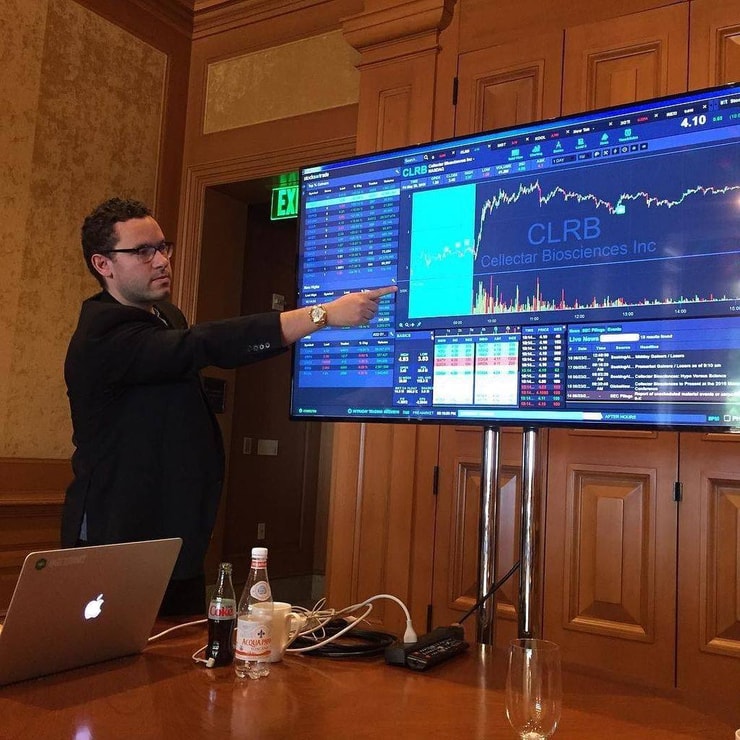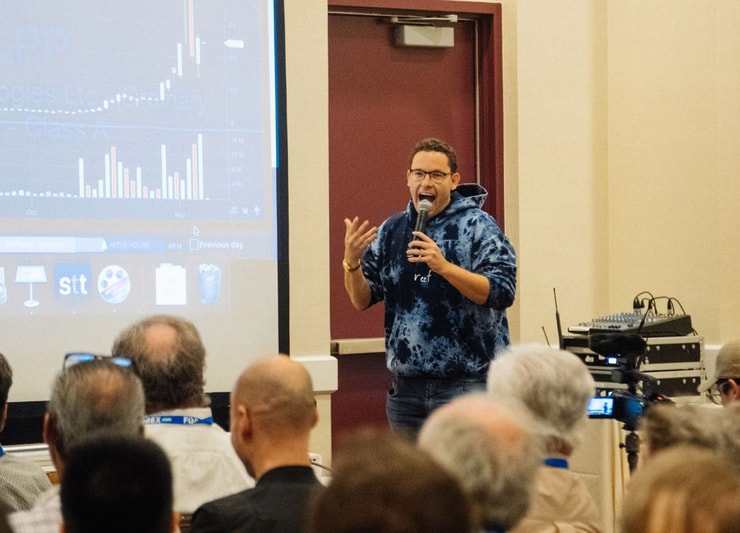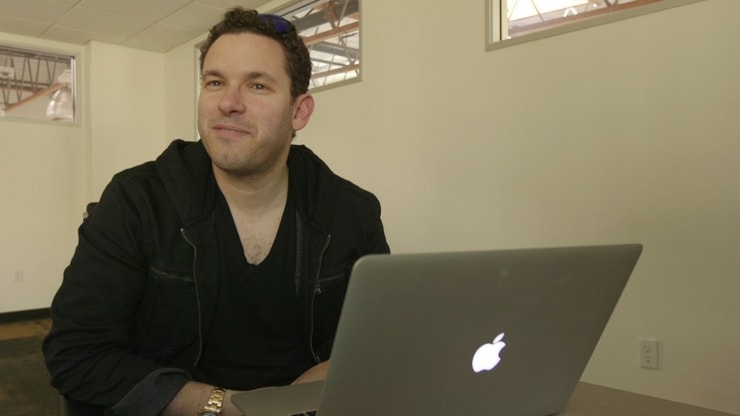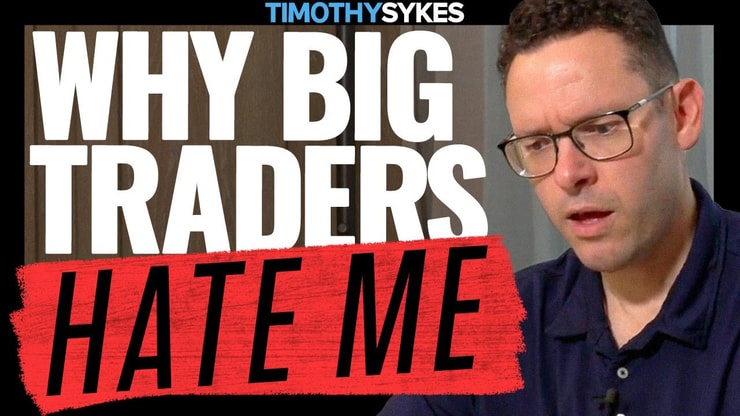There are so many people worth looking up to in the world of finance, investing, and trading.
For example, the principles Dave Ramsey teaches are excellent if your goal is to get out of debt and save for retirement.
If you earn a high-income and are seeking modest returns then the long-term investing strategies that Warren Buffett teaches are tried-and-true.
But what if you don’t earn a high income, and you’re looking at trading as a way to better your life and improve your financial well-being?
Here are the questions you should be asking before you choose a mentor…
Table of Contents
Is Your Mentor Teaching You A Strategy You Can Trade?

I became a multi-millionaire trader by my early 20s.
And in my early days I would have some monster winning days. It wasn’t unusual for me to rack up $5,000 to $10,000 (or even higher) in profits on any given day.
But once I transitioned from full-time trader to full-time student, I understood that trading big didn’t help my students.
In fact, early on in my trading career I focused on being a short-seller. A strategy that today would get most traders with a small account murdered.
You need DEEP pockets to be a short-seller. Anyone who tells you otherwise is lying to you.
Can you make money from being a short-seller?
Absolutely.
In fact, a few of my millionaire students thrive off the strategy.
However, that doesn’t mean it’s suitable for everyone.
If you’re just learning, and are trading a small account then you want to focus on survival. You want to keep your losses small while you’re learning.
That’s why I like to teach strategies like this one, because you don’t need deep pockets and it’s not overly complicated to manage your risk.
Is Your Mentor Teaching Or Asking You To Follow Alerts?

Alerts are okay for learning.
But if that’s all you’re getting it’s a problem.
Why?
Because it makes you dependent on their alerts. I have helped over 30 traders become millionaire traders, I can tell you that none of them rely on me for their trade ideas.
For example, just last Friday one of my millionaire students, Mark Croock nailed a five-figure options winner on puts he bought in the ticker symbol BITO.
I don’t even trade options.
You see, I teach a process. Not just how to trade patterns and catalysts…but also how to manage risk, stay focused, and disciplined.
I specifically tell traders who join my program to become their own traders. And to find what works for them.
More Breaking News
- Avalon GloboCare Converts Debentures, Strengthens Financials
- UWM Holdings Q4 Earnings Surge Amid Two Harbors Acquisition Buzz
- Bitfarms to Rebrand as Keel Infrastructure Amid Major Financial Moves
- Hims & Hers Posts Robust Growth Boosted by New Acquisition
I’m proud to say that two of my students have surpassed me and have made 8 figures in trading profits.
Is Your Mentor Transparent?

There are so many traders on social media posting big gains. But what about their losses?
Do they ever lose?
It looks impressive if you’re on the outside looking in.
But how does it feel like when you’re a subscriber. And you see these clowns posting their big gains on social media and you know for a fact they never called out the play or even traded it?
It’s sad.
That’s why I like to be fully transparent.
I’m one of the few people who is not afraid to tell you if my trading sucks. I want you to see the good and the bad.
Not only that, I post videos that go over my trades and teach what I did right and wrong.
Is Your Mentor Looking Out For Your Best Interest?

Remember Zak Morris and Atlas Trading?
He paraded on social media telling folks he was helping them make money by giving them stock picks.
It turns out he was using his followers as liquidity for his pumps.
There are so many shady chat rooms who use their members to create pumps so they can later dump shares on them.
On the other hand, every dollar I make in the market gets donated to charity.
Moreover, I trade a small account.
Why?
Because that’s where I found that most people need the most help. I have enough money to trade bigger, but what good does it do you?
If your goal is to build a small account, doesn’t it make sense to learn from someone who has built a small account and has turned it into millions. And is trading a small account now, to show you how he trades and manages risk?
Ironically, I get made fun of online for this. They say Tim Sykes trades so small, he can’t trade with the big boys. Blah blah blah.
Meanwhile, I’m the one who has mentored over 30 students into millionaires.
I could keep going…but I think you get the picture.
But if you want more, I recently uploaded a video on YouTube talking about why big traders don’t like me and how it’s great for you.



Leave a reply